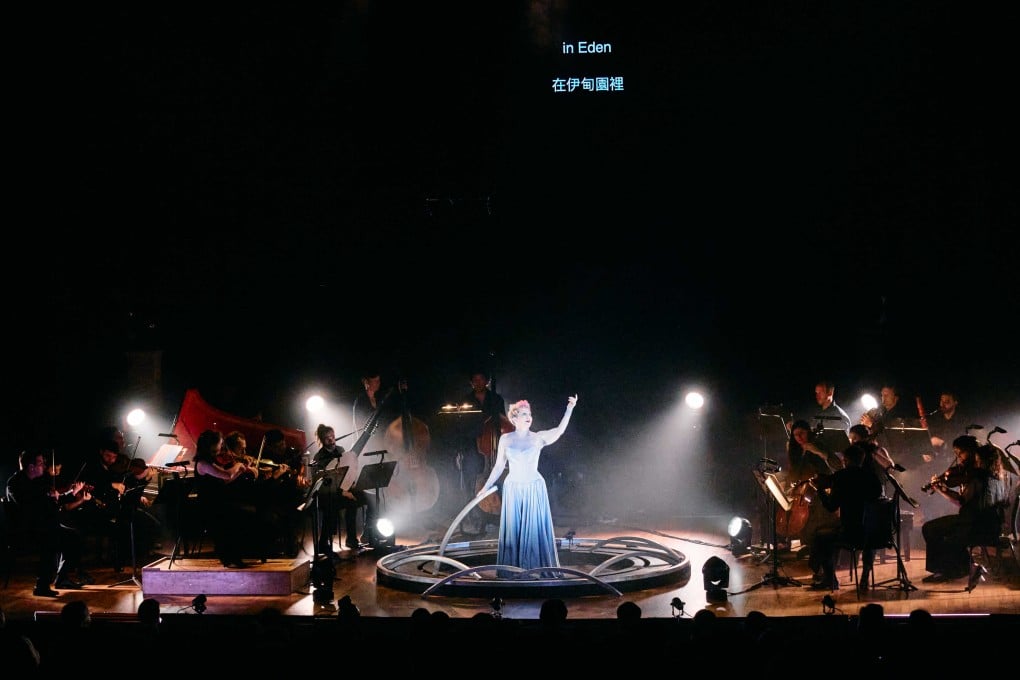Review | In Joyce DiDonato’s Eden exceptional singing, superb playing, and an urgent message
- American mezzo-soprano seeks to convey message about the importance of the natural world through a mix of songs from 17th to 21st centuries

As soon as American mezzo-soprano Joyce DiDonato walked on stage you could see she is not your usual diva: she was barefoot beneath her glamorous evening gown, and she had a pink streak in her blonde hair.
One of today’s most celebrated singers, DiDonato is known for transcending boundaries. She has focused largely on early music but also performs modern music. She sings in operas as well as giving jazz recitals.
With Il Pomo d’Oro, an ensemble specialised in historically informed performances of music from the Baroque and Classical periods, she brought her conceptual show Eden to Hong Kong for a sold-out one night appearance.

The show’s selection of songs, while eclectic musically (with composers ranging from the 17th to the 21st centuries), is supposed to share a common theme – the beauty of nature and its importance for the well-being of the human soul.